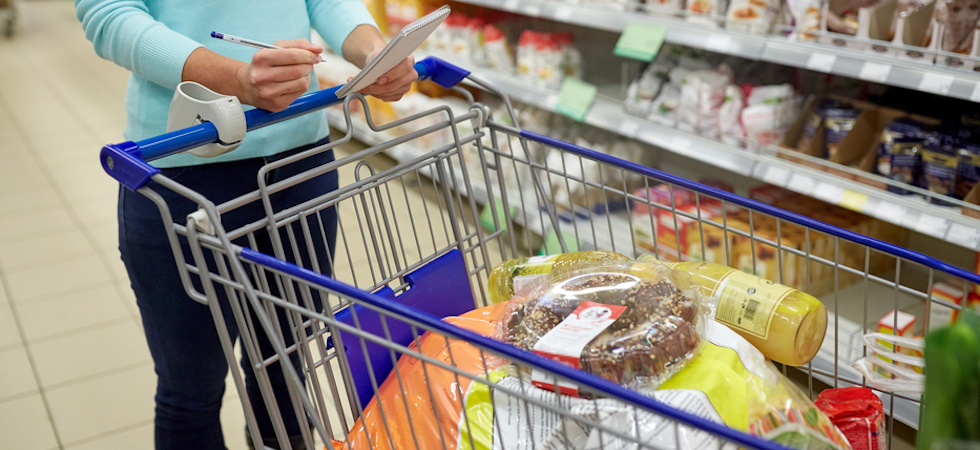The British Retail Consortium (BRC) has released data covering the five weeks from 29th December 2024 to 1st February 2025, finding that while food sales were up on the year, average yearly growth was down.
UK total retail sales increased by 2.6% year on year in January, against a growth of 1.2% in January 2024. This was above the 3-month average growth of 1.1% and above the 12-month average growth of 0.8%.
Food sales increased by 2.8% year on year in January, against a growth of 6.1% in January 2024. This was above the 3-month average growth of 2.3% and below the 12-month average growth of 3%.
Sarah Bradbury, CEO of the Institute of Grocery Distribution (IGD), said: “The current climate of economic uncertainty is reflected in IGD’s January shopper confidence index, which has declined by three points. With unemployment at 4.4% (+0.4% vs this time last year), shoppers have responded by employing strategies to control their spend. The notable increase in volume over value sales suggests a shift towards private label products and a change in purchasing categories, as shoppers anticipate further price rises for food and drink.”
Helen Dickinson OBE, BRC chief executive, said: “January sales kicked off a solid month for retail with stores delivering their strongest growth in almost two years, albeit on a weak comparable.
“While the bouts of stormy weather put a temporary dampener on demand, sales growth held up well throughout the rest of the month. This was also helped by the earlier start of the reporting period, adding a few more post-Christmas shopping days into the mix.
“Whether this strong performance can hold out for the coming months is yet to be seen. Inflationary pressures are rising, compounded by £7 billion of new costs facing retailers, including higher employer national insurance contributions, higher National Living Wage, and a new packaging levy. Many businesses will be left with little choice but to increase prices, and cut investment in jobs and stores. Government can mitigate this by ensuring its proposed business rates reforms do not result in any shop paying more in business rates.”









